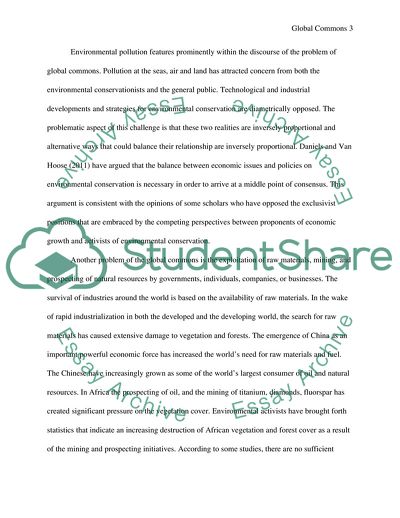Cite this document
(Problems and Solutions for Global Commons Term Paper, n.d.)
Problems and Solutions for Global Commons Term Paper. Retrieved from https://studentshare.org/environmental-studies/1780128-what-is-the-problem-of-the-global-commons-and-how-can-it-be-solved
Problems and Solutions for Global Commons Term Paper. Retrieved from https://studentshare.org/environmental-studies/1780128-what-is-the-problem-of-the-global-commons-and-how-can-it-be-solved
(Problems and Solutions for Global Commons Term Paper)
Problems and Solutions for Global Commons Term Paper. https://studentshare.org/environmental-studies/1780128-what-is-the-problem-of-the-global-commons-and-how-can-it-be-solved.
Problems and Solutions for Global Commons Term Paper. https://studentshare.org/environmental-studies/1780128-what-is-the-problem-of-the-global-commons-and-how-can-it-be-solved.
“Problems and Solutions for Global Commons Term Paper”. https://studentshare.org/environmental-studies/1780128-what-is-the-problem-of-the-global-commons-and-how-can-it-be-solved.


